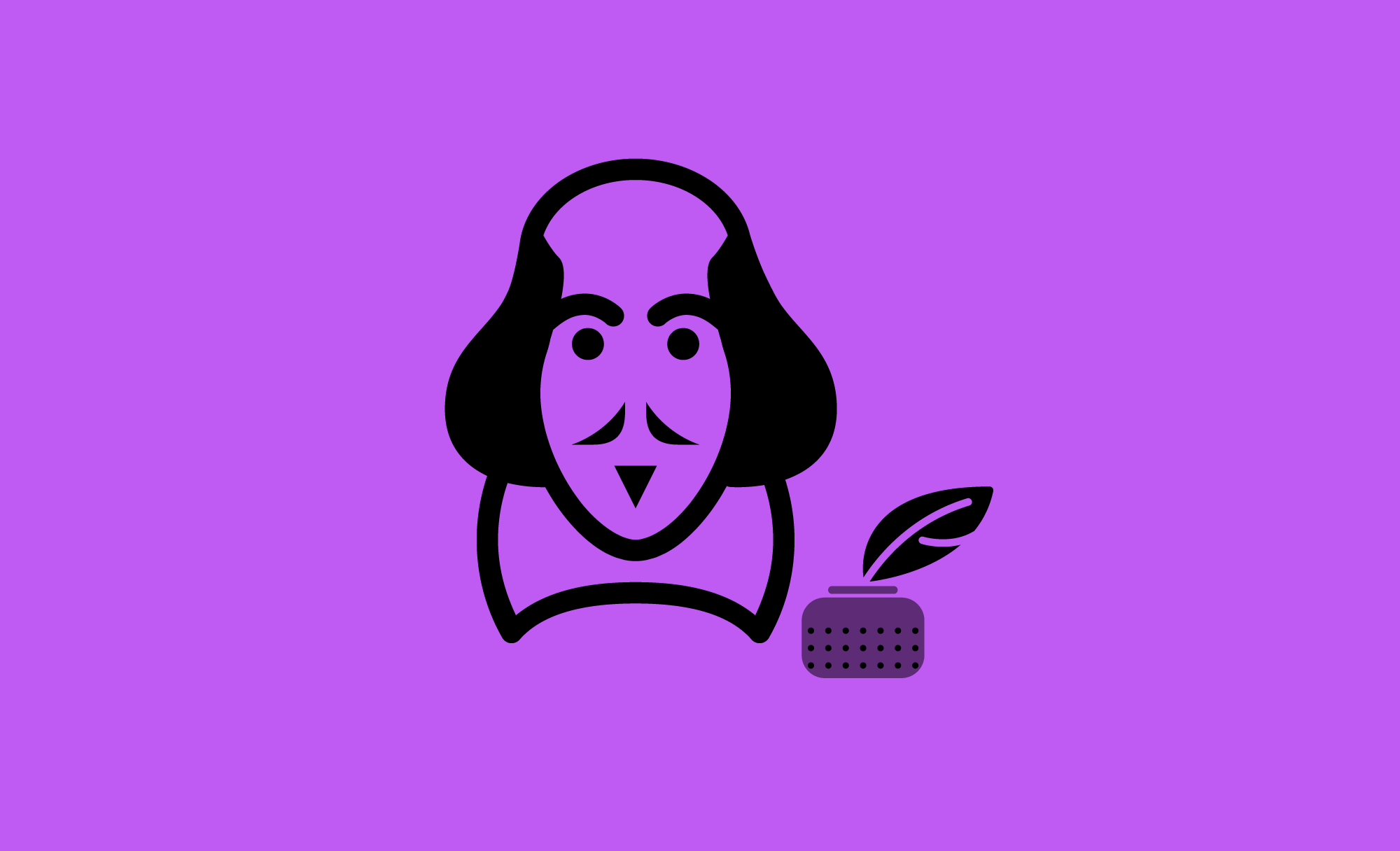What is a Novel?
The basics of a novel

A novel is typically a long piece of work of fiction, written in prose for the sole purpose of entertaining through a story, usually about human life and experiences.
There are many genres and types of novels that have been published for over centuries and in contemporary times, genre fiction seems to be the distinguishing factor between the different types of novels.
Elements and structure of a novel
While every novel is different, they usually follow a certain structure and contain these elements that are deemed to be essential:
- Plot
- Characters
- Setting
- Point of View (first-person, third-person etc)
- Chapters/Timeline
- Themes
- Dialogues
These elements are important when it comes to the planning and writing stage of your novel. However, it is totally up to you to decide on how and when you will utilize them.
Types of novels
Novels can be split into three categories:
- Genre fiction
- Literary novels
- Mainstream fiction
Genre fiction tend to be novels that provide entertainment through an engaging plot, but with less focus and understanding of the human condition, which is the opposite for literary novels. Literary novels provide readers with a richer understanding of the world, albeit in a less entertaining manner as compared to genre fiction. Mainstream fiction straddles the line between the two.
As genre fiction is the most popular type in the market today, let’s explore what is in this subcategory.
1. Romance
Romance novels are focused on the romantic love between characters. The story tends to revolve around the ups and downs of a relationship, but eventually, there will be a happy ending, for the main characters especially.
Books such as The Notebook, Wuthering Heights and To All the Boys I’ve Loved Before belong to this category.
2. Crime and Mystery
These books tend to revolve around a crime that has to be solved, with the protagonist usually being the detective of a case. The story will follow the journey of the protagonist as he/she tries to solve the case, and usually with the help of others. But there are some exceptions where the story is told from the criminal’s point of view, which makes it for a refreshing read!
Books such as Murder on the Orient Express, The Murder of Roger Ackroyd and Gone Girl belong to this category.
3. Science Fiction and Fantasy
While these genres may seem to be similar, they differ in that the former has elements that could potentially be possible in our world while the latter does not.
Science fiction novels are usually rooted in science and technology such as time traveling, artificial intelligence and more. These novels explore a different world that might be unfamiliar to the world that we know today.
Books in this category include Snow Crash, The Martian and Ready Player One.
Meanwhile, fantasy novels tend to have elements that cannot be found in our world. However, there are some novels against the backdrop of our world with fantasy elements leaking into it.
Books in this category include Harry Potter, A Game of Thrones and Lord of the Rings.
4. Horror and Thriller
These novels are usually aimed at evoking fear from their readers by tapping on what scares them the most. Many novels in this category are becoming more psychological in nature, as compared to the past which were more focused on supernatural beings.
Books in this category include The Shining, The Girl with the Dragon Tattoo and Pet Sematary.
5. Historical Fiction
Novels in this category are set in a past time in history, and some tend to include actual historical figures or include original characters in events that have taken place. Crime and Romance are usually the main themes of historical fiction novels.
Examples of this category are A Tale of Two Cities, The Scarlet Letter and Memoirs of a Geisha.
Using a Novel Writing Software
You might be interested in writing a novel after reading plenty but have no idea how to go about doing so. That’s where novel writing software comes to play.
While you research, plan and outline your novel or even an essay, it is important to use a suitable novel writing software so that your writing process is less of a hassle, and more enjoyable.
If you are on the lookout for a suitable app to assist you in your writing process, head over to JotterPad, a minimalistic writing app tailored for your creative writing needs. With features such as a full featured text editor, markdown syntax, syncing up to multiple cloud services and more, JotterPad will be a great companion while you write your novel!
